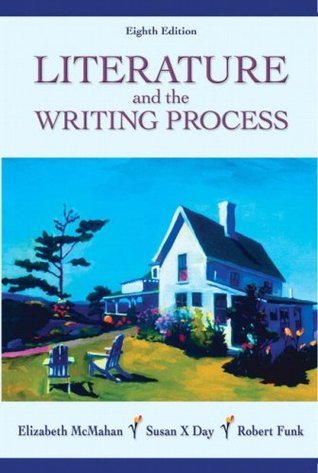Revel is Pearson’s newest way of delivering our respected content. Fully digital and highly engaging, Revel gives students everything they need for the course. Informed by extensive research on how people read, think, and learn, Revel is an interactive learning environment that enables students to read, practice, and study in one continuous experience―for less than the cost of a traditional textbook.
NOTE: This Revel Combo Access pack includes a Revel access code plus a loose-leaf print reference (delivered by mail) to complement your Revel experience. In addition to this access code, you will need a course invite link, provided by your instructor, to register for and use Revel.
Great literature is always thought provoking, always new – why not use it to improve students’ writing skills and sharpen critical thinking? Revel™ for combines an introductory anthology with detailed instruction in the writing process. By seamlessly integrating literature and composition into one multi-purpose text, the authors enable students to enjoy, understand, and learn from imaginative literature – and to write clearly and intelligently about what they have learned. Text writing assignments use literature as a tool of critical thought, a method for analysis, and a way of communicating ideas. Careful integration of rhetorical instruction with the critical study of literature guides students through the allied processes of analytical reading and argumentative writing. As a result, students learn how to write essays about the major features that are involved in interpreting short stories, poems, and plays.

